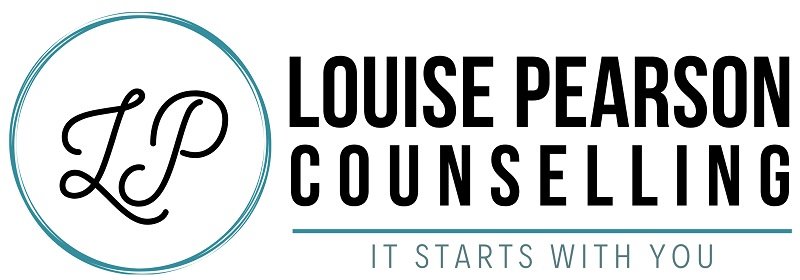When we hear the words breast cancer or MS, brain tumour or melanoma, I think it's true they can strike fear into our hearts. When it's one of our nearest and dearest, the news can be crippling.
We are suddenly searching for the right words to say, wondering what it is going to mean for them and their once so easily imagined future, but also wondering what it's going to mean for us.
So, I wanted to share with you some tips for how to deal with a friend being diagnosed, that I have gleaned over my years of working in the chronic illness and disability arena.
1. Listen to their experience.
Try to put your own feelings aside for a moment. Listen to the person telling you the news, whether it's the loved one who has been diagnosed themselves, or someone else close. Try to hear what you are being told, and to hold back on what you know about the situation. Try not to rush in with what might be empty reassurance. Instead, let them get their words out, and remember that just as it might be hard for you to hear them, it is equally difficult for that person to tell you.
2. Research quietly.
If you are left wondering "what will this mean?" — it's natural that you are going to try to find out. You might want to be there when they meet with medical specialists, or feel the urge to consult Dr. Google. To my mind, that's okay. You're trying to assimilate your new knowledge about this person and your world, and for some of us, fact-finding is how we cope. So, do that research, but be careful about how you put that research into conversations. They might not be ready to hear about that great cure you read about online yet, or the prognostic percentages, or the great stories of survivors. If you can communicate quietly that you've done some research when they are more open to talking about those things, you might just be letting them know that you've cared enough to look it up, and could even give them the heads up that they can talk about the difficult stuff with you.
3. Ask them how you can offer support.
Just as you might be surprised by your reaction, remember that they might also be surprised by theirs. Try to check in with them about what they might need from you. Do they need you to show up with their favourite food? Do they want to share with you some of their feelings and fears? Do they want you to drink a bottle of wine with them and talk about everything other than the diagnosis? Or, do they need space? Try to communicate to them gently that their needs are key here. Let them know that they might still be driving their own bus, but that you will be happy to take the wheel for a while, or to just sit beside them in the passenger seat, if they'd like you around.
4. Show your solidarity.
This might sound similar to the last point, but there is a subtle difference. Even after a crippling diagnosis, we all eventually assimilate the knowledge and try to go back to life as we know it. I think that at this time, it is very important to show that we have not forgotten. Having been on both sides of this equation, I can honestly say that you are not going to get it right every time. Sometimes you might kick yourself for the things that you did, or didn't say. So, you're human. With most people however, even if they don't immediately make it obvious, you'll get some points for just trying. So, send a card, a supportive text, or give them a call. Don't be the person who says "if you need anything, call me". Do you usually call people when they say that to you? Remember in fact that when we are at our lowest, it's much easier to accept someone's hand reaching out for us, than it is to reach out ourselves and hope the hand will be there ready.
5. Seek some support for yourself.
Sometimes we switch into overdrive when something like this happens to someone we love. We try to push our own needs down. Try to remember that this is happening to you too, and that your life also, might feel like it has been turned upside down. Talk to friends, write in your journal, go on to an online forum or think about seeing a counsellor. Do whatever it is that will support you, because that will make it possible for you to keep supporting them.
6. Remember that they are still your friend.
So, they might have had some shocking news, or be dealing with new symptoms and treatments. They may take time to process the changes, but don't forget that this person is still the person you love, and can still be one of your go-to people. They are not just their illness or disability, and it might in fact be a relief for them to be reminded that they are still also essentially themselves.
What would your tip be for a friend of someone newly diagnosed?

